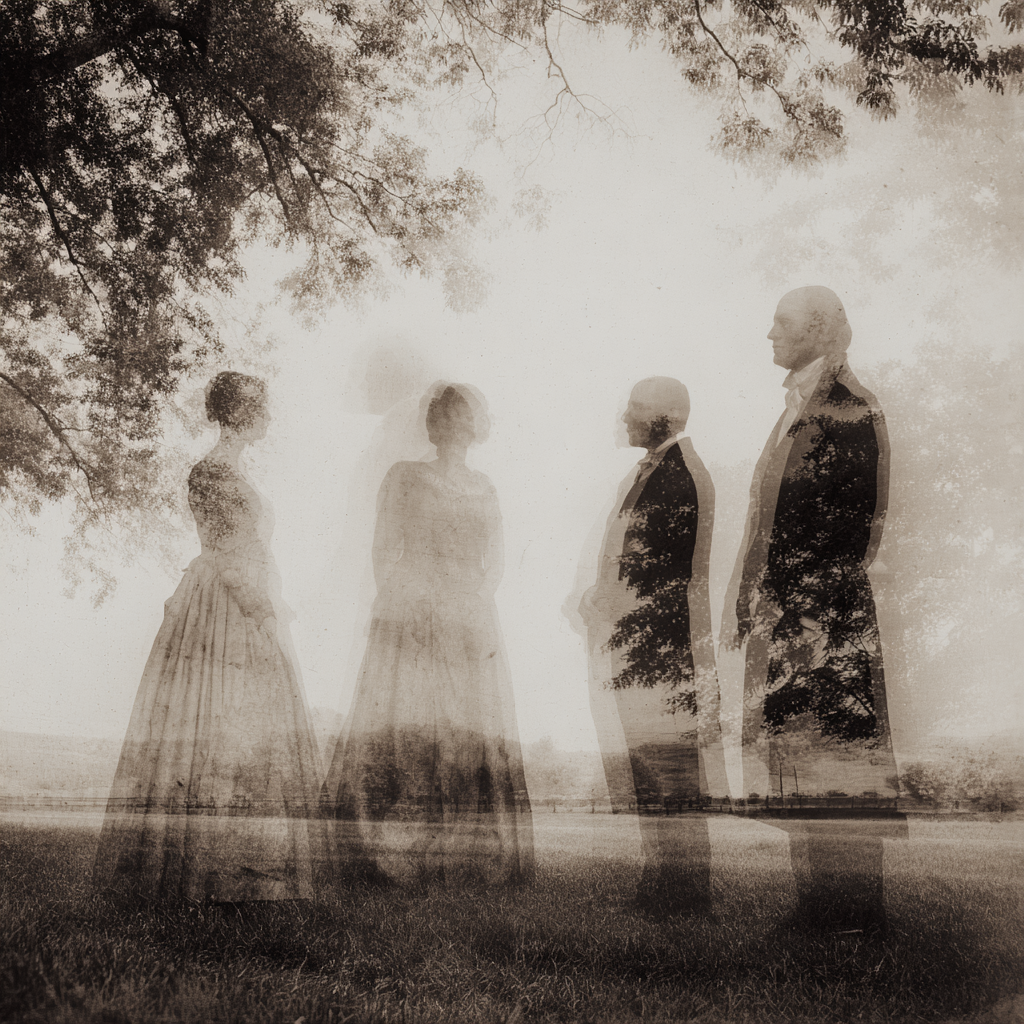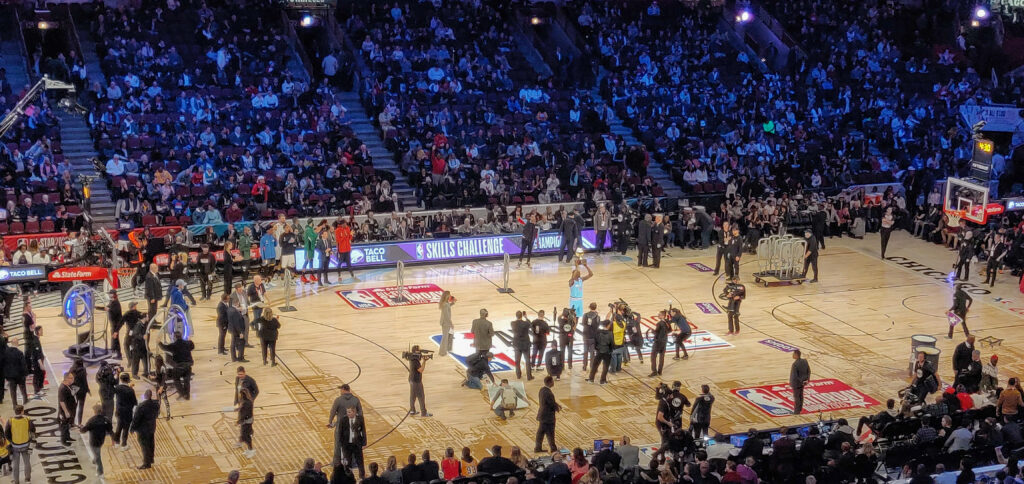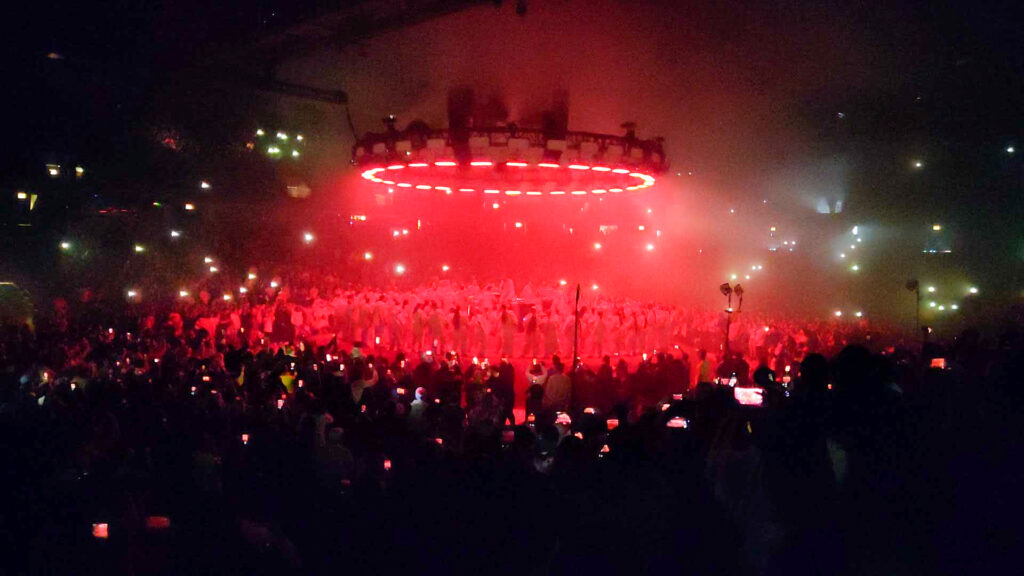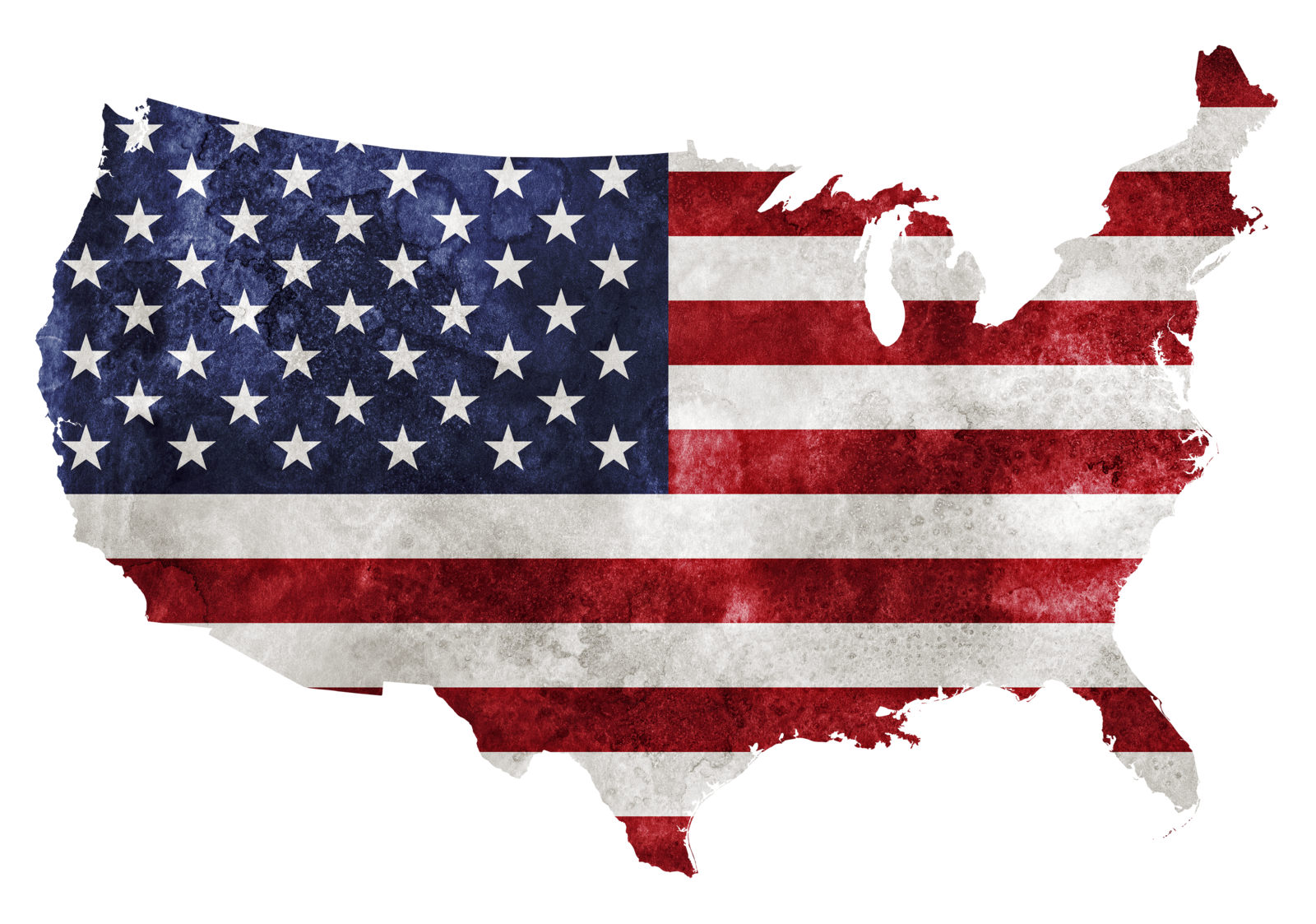Tomorrow, the sky will burst with light. The air will smell of barbecue and sulfur. We will celebrate our Independence Day with a familiar, comfortable rhythm. But this year, comfort feels like a luxury we cannot afford. The divisions are too deep, the anxieties too raw, the very ground of our democracy feels unsteady beneath our feet.
So, on the eve of this Fourth of July, I decided to seek counsel. Not from the talking heads on cable news or the endless scroll of social media, but from those who navigated the deepest crises of the nation’s soul. I convened a conversation in a room outside of time, inviting four figures whose struggles and sacrifices define the American experiment: George Washington, the founder; Harriet Tubman, the liberator; Martin Luther King Jr., the conscience; and Ruth Bader Ginsburg, the architect.
I asked them to join me to discuss where we came from, where we are, and the uncertain path of where we are going. This is what they told me.
I first turned to the man who was there at the beginning, his posture still as straight as it was at the head of the Continental Army. I needed to understand the foundation on which we stand. “General Washington,” I began, “When you think of the ideals of 1776, how do you reconcile them with the country you see today?”
He spoke with the measured, formal cadence of a different century, his eyes carrying the weight of a nation’s birth. “The ideals of ’76 were simple on their face, yet profound in their implication: that a people could govern themselves… Yet, even in our time, a great and terrible contradiction lay at the heart of our new nation. We spoke of liberty while holding others in bondage. It was a moral failing that I, in my later years, came to see as a stain upon our founding.”
The General spoke with the weight of a founder, his words etched in history. He acknowledged the ‘moral failing,’ the ‘stain’ upon the republic. But a stain is something seen from a distance. For Harriet Tubman, seated across from him, this was no mere abstraction; it was the blood and soil of her existence. Her voice, though low, carried the undeniable power of lived truth. “General, with all due respect,” she said, her gaze steady, “your ‘contradiction’ was my people’s bondage. My Fourth of July was a day that the lash felt heavier, the sun hotter, the chains tighter. The sound of your liberty bells was drowned out by the cries of my brothers and sisters.” She looked at me then, her eyes seeming to pierce through time. “The fight for true liberty, the kind that lives not just on paper but in the hearts of men, is a long and arduous one.”
It was on this very point, the gap between paper promises and lived reality, that the conversation turned to the great work of the 20th century. Dr. King picked up the thread, his tone one of reasoned passion. “And that is the very essence of the American story, is it not? A journey. General Washington, your generation penned the promissory note… But it was a check that, for too long, came back marked ‘insufficient funds.’ My work, our work, was to compel America to make good on that promise.” While Dr. King fought to cash that check in the streets and from the pulpit, Justice Ginsburg fought for it in the courtroom, meticulously working to stitch the promise of equality into the very fabric of the law. “From a legal perspective, the arc has bent, and significantly so,” she added, her voice precise and analytical. “But laws are only as strong as the will to uphold them… I worry that in your time, the very notion of a shared set of facts, of a common understanding of our own laws and history, is under threat. And when that foundation cracks, the entire structure is at risk.”
Justice Ginsburg’s words hung in the air, a perfect pivot from the past to the precipice of our present. Reflecting on history wasn’t enough; the anxieties of now were pressing in on me. I felt I had to be direct. I laid out the fears that keep my generation awake: a level of political polarization that feels like a cold civil war, a media landscape where truth itself is a partisan battlefield, and a President whose administration has enacted policies, like mass deportations funded by cuts to social programs, that feel to many like a betrayal of the nation’s highest ideals.
As I spoke, I saw a flicker of grim recognition in General Washington’s eyes. His fears of factionalism were no longer a historical warning, but a terrifyingly accurate diagnosis of our time. “Faction,” he stated, his voice tight with disappointment. “I warned of this very spirit. It serves to ‘distract the public councils and enfeeble the public administration.’ To hear that this spirit now threatens the very concept of truth is to hear that the foundation of the Republic is cracking.”
While Washington diagnosed the political sickness, Harriet Tubman went straight to the moral heart of the matter, cutting through the jargon of policy and politics. She shook her head slowly. “You are worried about your ‘democracy.’ I was worried about my people. When the law says you can tear a family from the home they’ve built because they were born on the other side of a line on a map, what kind of law is that? The danger is not your President. The danger is that good people will stand by and do nothing.”
Dr. King, ever the strategist, connected the moral outrage to a systemic framework, seeing the modern incarnations of old evils. “Let us look at the policies you describe through the lens of what I called the ‘three giant triplets’ of racism, extreme materialism, and militarism. A policy that enacts mass deportations often has its roots in racial prejudice. A policy that cuts aid to the poor to fund tax cuts for the wealthy is the very definition of extreme materialism… The danger to democracy is that the government ceases to be an instrument for the well-being of all its citizens.”
And finally, Justice Ginsburg, with the precision of a surgeon, identified the ultimate danger—not a single policy or politician, but the decay of the system itself. “The phrase that gives me pause is ‘rule of law,’” she began, her quiet voice commanding the room. “That concept is the bedrock of a constitutional democracy. It means that law, not the arbitrary will of a leader, is supreme… When you describe policies that target specific groups, when you speak of a chief executive who challenges the judiciary or disregards established norms, you are describing a direct assault on the rule of law. A constitutional crisis occurs not when a president acts, but when the other branches of government fail to check his overreach.”
Le Fin?
As their voices faded, the room outside of time dissolved, leaving only the quiet hum of the present. The séance was over. I was left not with a simple set of answers, but with a complex and profound set of instructions. A charge.
It is the charge to be a virtuous citizen, as Washington demanded, but to know that virtue without Harriet Tubman’s raw courage in the face of injustice is merely polite silence. It is the charge to remain vigilant in the pursuit of Dr. King’s “Beloved Community,” but to do so with a fierce respect for the very institutions and rule of law that Justice Ginsburg dedicated her life to upholding. Their wisdom does not compete; it complements. It forms a roadmap for a functioning, moral democracy.
Their collective counsel reframes the Fourth of July entirely. It can no longer be a holiday for passive celebration: a day for just fireworks and flags. It becomes, instead, a day of recommitment. A national performance review where we are both the employees and the shareholders. It’s a day to measure the distance between the ringing of the Liberty Bell and the reality of our lives, and to ask ourselves, with unflinching honesty, if we have done our part to close that gap.
The preservation of this Republic, it turns out, is not the work of ghosts. It is the solemn, urgent work of the living. It is the quiet, daily, often frustrating task of listening before we speak, of seeking truth over tribe, of protecting the rights of others with the same fervor we protect our own.
Tomorrow, the sky will burst with light, celebrating the birth of a promise made centuries ago. Let our actions, on the day after and every day that follows, be what keeps that promise alive.
I’d to thank Gemni and Claude for bringing these voices back to life. For the full discussion – check it out here.










